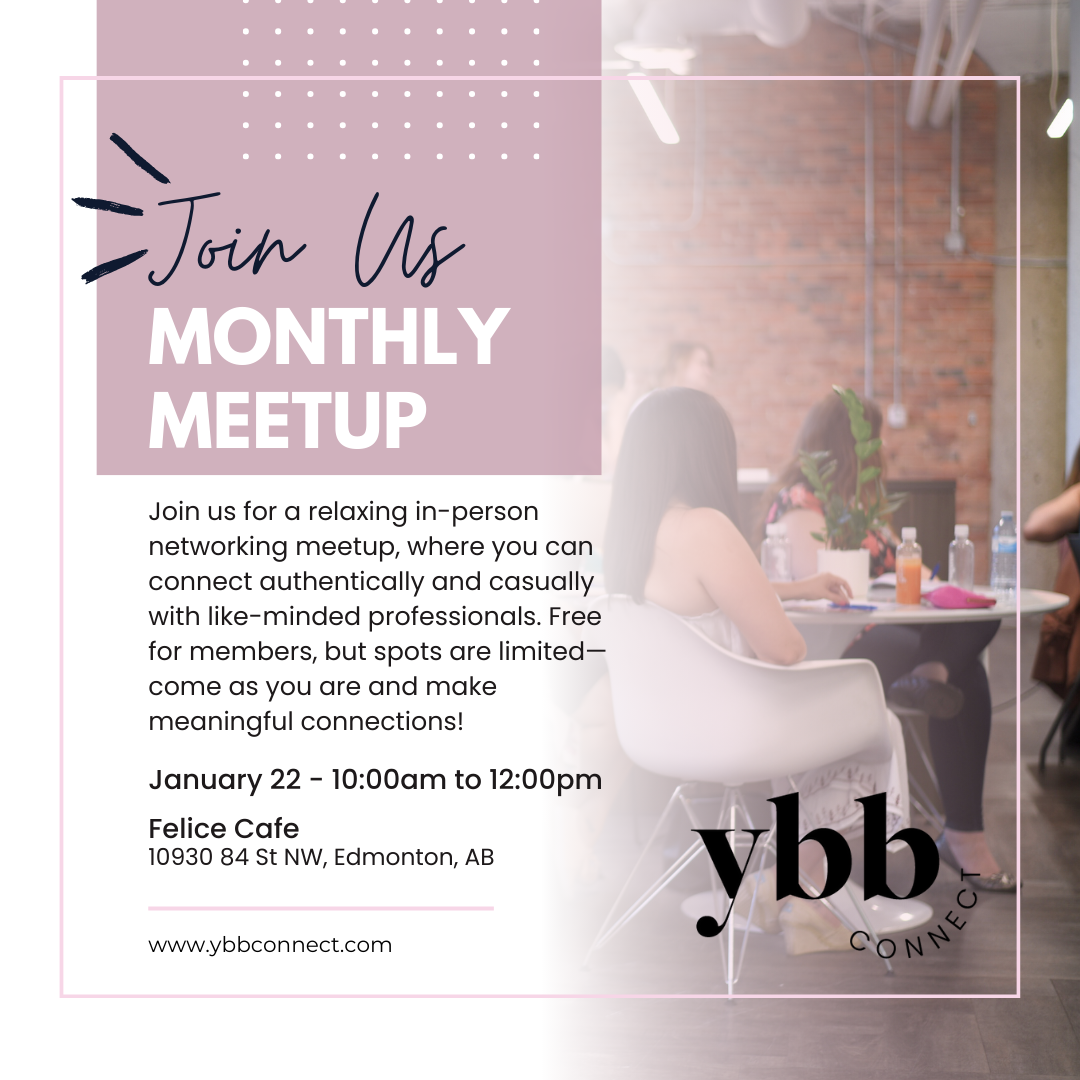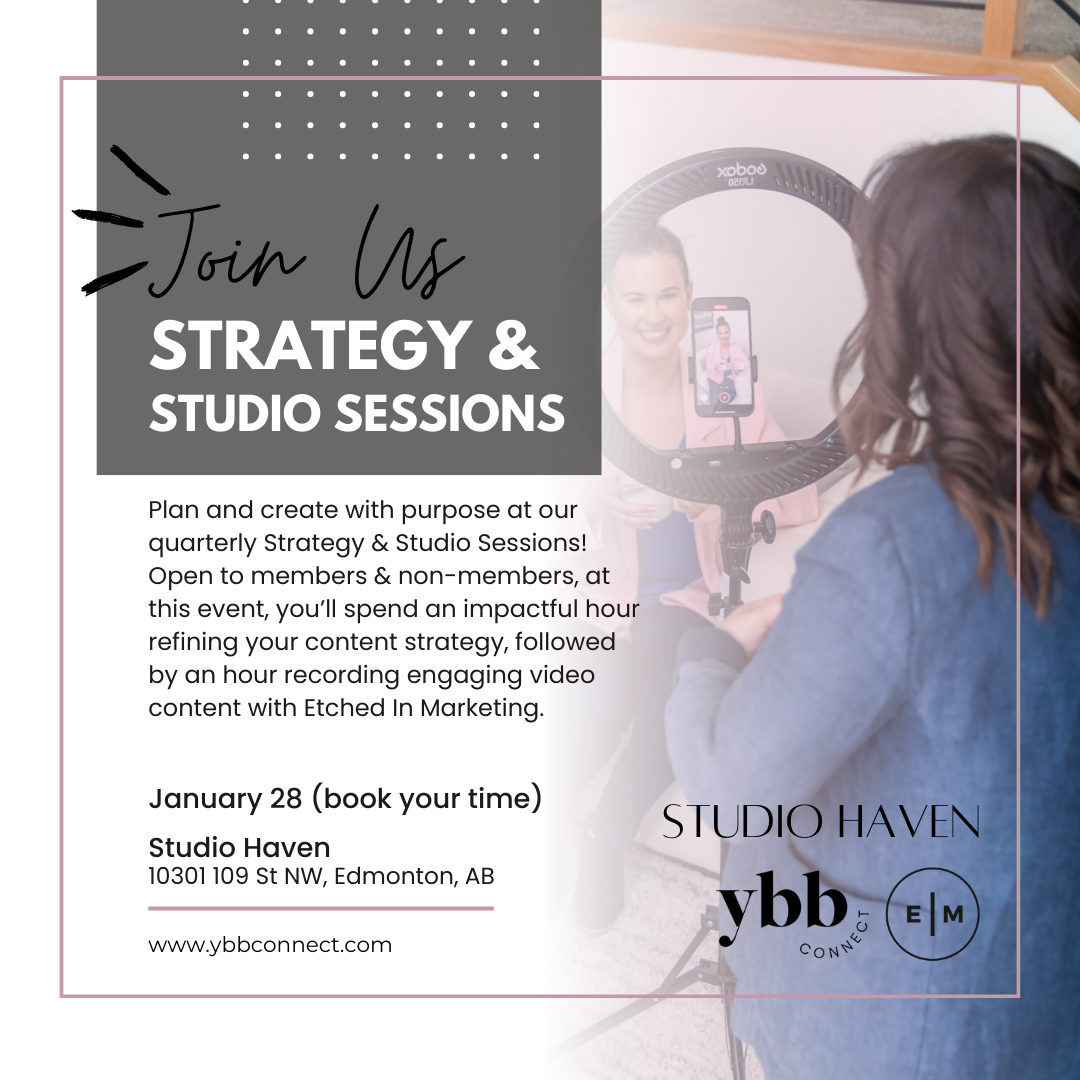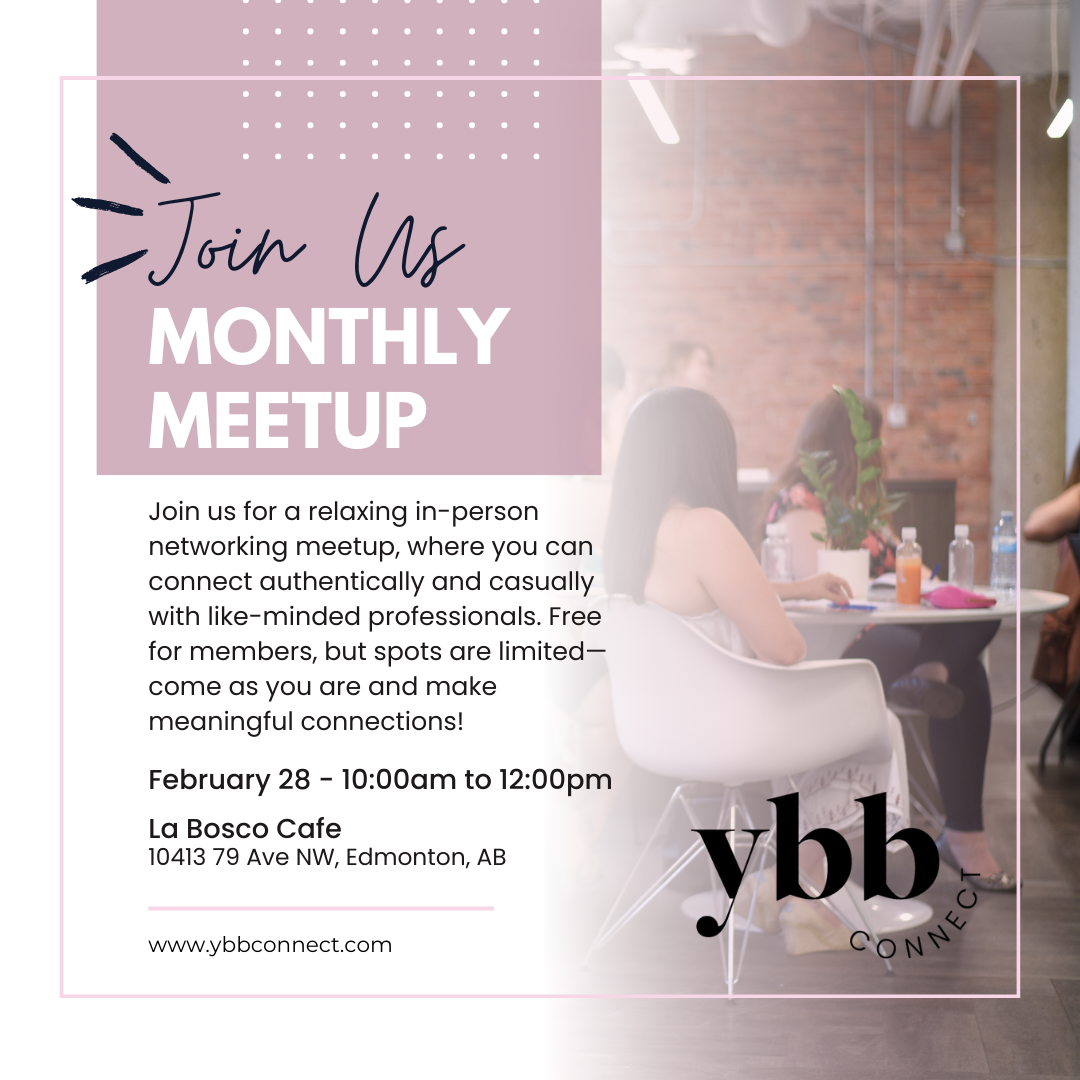TIPSY TUESDAY | Conscious Leadership
My name is Lilly and I work with entrepreneurs and established businesses on how to better move their businesses, their impact, as well as their personal lives forward.
My name is Lilly and I work with entrepreneurs and established businesses on how to better move their businesses, their impact, as well as their personal lives forward. I’ve worked with some of the best leaders at some of the world’s top think tanks, including the World Health Organization (of the United Nations), published peer review work in the sciences, and taught numerous workshops on health, mindset, and leadership.
Although I started out consulting in health policy and health financing, I’ve learned that the nature of my work with driven, motivated, and self actualizing individuals has actually turned into coaching. Leaders and budding leaders at work and in their communities who serve and give a lot of value - i.e., conscious leaders - are always wanting to be coached on how to become better versions of themselves. To that end, when YEG Boss Babes approached me to write a blog a few weeks ago, I thought an apt topic would be conscious leadership!
In today’s fast paced world, good leadership is more important than ever. A multitude of leadership topics tend to focus on the problem on the surface - teams not sticking together, or leaders not delgating their work. These are important topics, but I feel that long lasting personal, cultural and organizational change comes only when we begin looking at changes coming from within, i.e., within each leader herself.
Internal change, self awareness, and self growth are key to becoming better versions of ourselves. I could easily write a thesis on this (and talk for hours on it!) (and yes, I have done this! 😋), so with great difficulty, I selected just four bullet points here. Connect with me as a lot of my work does involve mindset and change coming from within.
This article is a small summary of some of the good leadership that I’ve seen over the course of my career. So whether you’re an established influencer in your field, just getting out of college, or thinking of making a career jump, I hope it gives you some food for thought, and adds to your day! Reach out to me if you have any questions. 😊
1. Conscious leaders are guided by a mission
Conscious leaders are guided by a mission, vision, and/or purpose that is bigger than themselves. There is a larger than life aspect to being guided by something that’s larger than just our own likes or dislikes, or what our own needs may be at a certain point in time. For example, JK Rowling was driven by what seems to have been a passion for infusing fantasy, character development, and morality into story telling, so much so that she kept writing even when she was homeless and a single parent. Elon Musk’s “work” or “products” may be tech oriented, but he has stated that it is his desire to help humanity that causes him to keep inventing, time and time again, after what were temporary failures or standstills.
Now, I’m not saying that you should voluntarily seek out a new life full of challenges, or that leaders only become so when forged by fire, but there is truth in the fact that winners are only winners by virtue of having persevered in spite of challenging times. Yes or yes?
I’m sure that you’ve experienced a few of your own! Having a vision bigger than your present circumstances helps you keep going even in rough times. When you’ve connected to your passion, and mission, you can hold your attention on it, and on anything, with your will will. This kind of discipline of adhering to your purpose will help you persevere in ways that a mere “work ethic” or a “need to pay the bills” wont.
Mission, vision, and purpose will take you to the end, get you to the top, get you through the finish line. Focus on honing your ability to connect with and be led by them, and you can go further than ever before.
2. Conscious leaders focus on themselves.
What??
Yes, you heard me right. :) Conscious leaders do this!
By which I mean that conscious leaders look inward — they work on being self aware, and on acknowledging their innermost motivations for wanting or doing something. Then they can evaluate this in light of their purpose and vision (see point #1).
Leaders work on themsevles — they know that the better they become, the better their work and ability to contribute become (see point #4!). And when things go wrong, rather than playing the blame game, or getting defensive, or hiding under a rock (although we may all have wanted to hide under a rock at some point!) — they look at what role they played, and always include themselves in the troubleshooting process. In short, by focusing on themselves, they can take greater responsibility for who they are and the energy that they contribute to the greater whole.
If you’re still with me, you can probably see that doing the above takes a lot of humility! And it’s true, it takes a humble person to put themselves under the microscope. It takes self awareness to understand what is under the microscope. And it takes vulnerability to admit to onself what one is really thinking, doing and being.
Have you ever had a great teacher, friend, or boss at some point, who, in spite of their power, position, or influence, was so humble and so open to bettering themselves, that it was so attractive? Ensuring you have great mentors and people around you who do this as well will keep you humble, great leader.
Leaders who are conscious develp a habit of focusing on themselves. By better understanding their own motivations, they are often keen observers and students of others. I work with leaders who want to become better versions of themselves, because they understand that at a high level, this is the only way that they’ll keep growing and contributing. Can you see how a keen awareness of yourself, and then of the people around you and of society at large can help you not only in managing your relationsihps, but also growing in your career, and in understanding societal trends?
3. Conscious leaders are decisive
Conscious leaders are decisive individuals. These are not the ones who waddle through life, fearful of committing to something, or of taking a stand for something.
When a leader has that sense of purpose (see point #1), they can choose behaviour and actions that take them closer to that purpose. For example, it’s not uncommon for someone to choose a temporary paycut, or something less prestigious, for the chance to gain skills or learn from mentors. A lot of highly successful people have left what was once comfortable, and perhaps financially sensible, for something temporarily uncertain or uncomfroable. They did this becuase they saw this as taking them closer to their mission. Therefore, when living according to your mission, you might choose temporary sacrifice, and if you do, you do so decisively.
Conscious individuals are of conviction. They are committed to ideas, values, or ways of life and they’re not afraid to take a stand for things. Think of leaders of the civil rights movement, or anyone who’s advocating for something in which they believe — they decide to do or stand for what they feel is right, at the risk of being unpopular at first. Or, relevant in today’s world — regardless of whether or not it will yield them follows or likes. 😋 This is because they’re not guided by popular opinion — they are self aware enough to have an inner guiding compass (see point #2).
Rather than sit on a fence, conscious leaders treat others, employees, animals, strangers, and people who may not be able to give them any return or benefit, etc. according to their values and morals — there is consistency in their principles, and decisiveness in their actions and execution.
There is a genuine charisma about people who don’t waver on things that are important them. So, what is important to you?
4. Conscious leaders understand that life is ever-evolving
Leaders in life and in business understand that life is fluid and dynamic, and ever changing. Because of this, rather than be swept away, hoping that the tide turns, leaders take ownership of their OWN ride — they take ownership of their own development and evolution.
Most people, if not all, at the top of their fields have cultivated the practice of continuing to develop themselves. Statistics show that almost 90% of the world’s top leaders and experts in their fields are coached — by multiple coaches. Richard Branson attributes his earliest success in part to his coach. When one of my best friends was ready for change — real change — he used three credit cards to afford his coach. The next year he made a million within three months. When leaders work with coaches and mentors, they start being enveloped and supported in a micro-environment in which there is one purpose: developing and strengthening them, and making them proactive players in in an ever changing world and economy — making them leaders.
Oprah said that all her life she’s asked to be used in whatever which way she could serve and contribute the most. Through her fluid and transformative career, she has been a news anchor, on the radio, host of her own syndicated show, owned her magazine, and so much more. And she’s also stumbled along the way. Oprah and other leaders often see themselves as belonging to something bigger — sometimes they take hits, and other times things have to naturally end for the next phase to begin. Having a keen understanding of the fact that there is an ebb and flow to life helps us manage, and even thrive, in times of change.
I know, there is discomfort that comes with growth and changes. But intentional growth — taking ownership of your development as a leader in your personal and professional life, makes us stronger, which in turn makes us better equipped for the future.
In reflecting back on your own life so far, can you see that there was always a story, a character development, or a process of transformation and unfolding, even if you couldn’t see it at the time? By understanding that there is a fluidity to life, and that both your own life and this world at large is always in a state of transformation, perhaps we can start feeling comforted. Nothing is static, everything newer and better is always possible, so long as we dive in and choose ourselves to be the most conscious leaders we can be.
At the heart of it all, showing up as a leader is as professional as it is intimate, as profound as it is mundane. Leadership is the reason why you learned values and morals as a child, why you were inspired at one point toward a career path or of emulating someone, and why you had a community of support — from your favourite teacher, to your sports coach, to those who raised you. The fact that leadership exists in the world is the reason why you were guided and encouraged and shaped the way you were. This was by those who came before you.
And conscious leadership, in turn, is the reason why you’ll make the impact that you will in your life, for those who come after you. 💛
[Ways to connect with me, the blogger]
Instagram: @theLillyWang
TIPSY TUESDAY | Commercial Real Estate – Where to start?
I want to empower you with a few tips and tricks to help you when you are starting out. Now, this may not apply to everyone. If you have leased space before, especially via Kijiji (or equivalent), it may have gone smoothly and with no complex documents to go through.
My name is Ellie Scott and I specialize in Retail Sales & Leasing at Avison Young in Edmonton. I’ve been in this industry since 2010 and I know the whole process of leasing space can be fairly intimidating…or at least a bit daunting. Its quite a process that requires handling legal documents, following timelines/processes, coordinating people, deposits…the list goes on and on. I want to empower you with a few tips and tricks to help you when you are starting out. Now, this may not apply to everyone. If you have leased space before, especially via Kijiji (or equivalent), it may have gone smoothly and with no complex documents to go through. That’s fair! Sometimes you land a bit of a unicorn. But the majority of properties will have/require some component of the below, and you’ll be happy you knew about them early on.
Alright, lets get into it. At this point maybe you have done some googling of “commercial space Edmonton” and google comes up with some random spacelist website or another 3rd party website…
Where to look: its honestly best to talk to a broker first, but I know sometimes you just want to take a look at what’s out there, and I understand that! So, if you don’t want to engage a broker just yet, the best place to start your search is on the websites of the different brokerage firms. There is no centralized website (ex: MLS for residential) for commercial real estate (CRE). There is a commercial section on realtor.ca, but only those brokers who are a Realtor® are able to put listings on that map. Typically, commercial brokers aren’t realtors (fun fact!). This means you literally have to search each company’s respective website. Those brokerage firms include (but not limited to): Avison Young, CB Richard Ellis, Colliers, Cushman & Wakefield, NAI Commercial, Omada Commercial, ReMax Commercial, Royal Park Realty, and more. If you see information on a sign, take down the company name and search it, or call the number on the sign. Its important to note the property address or at least its cross streets (or closest to). Spacelist is an ok search tool, but they are a 3rd party who takes information from the brokers websites and uploads it to theirs. A lot of times the information is outdated so its not usually the most accurate.
Talk to a Commercial Real Estate broker (aka advisor, associate, agent) who is has a ‘commercial’ licence from RECA (Real Estate Council of Alberta – our governing body) and are licenced to trade in real estate (if they aren’t licenced, their title will say ‘unlicensed’). More specifically, talk to someone who specializes in the type of CRE you are looking for. There are 5 asset classes in CRE – Retail, Office, Industrial, Investment, and Multi-family. Basically:
Retail = shopping/strip/power centre
Office = office buildings/walk ups/downtown towers
Industrial = manufacturing/warehouse/garage
Investment/Multi-family = buying/selling properties
Most importantly. A broker will look out for your best interest. Their job is to represent you. Find someone you connect and jive with. Someone you feel you can trust. You will work very closely with this person and communicate a lot, so you should feel like you are getting taken care of and have no hesitation towards reaching out with questions. Side note: tenants don’t pay the fee, the landlord does. So it typically has no upfront cost to you to use someone.
Some residential agents will also be licensed and able to transact in CRE, but that doesn’t mean they specialize in it. At the end of the day, find someone who can look out for your best interest, be informed on the market, and understand the asset class and the intricacies involved. As long as they know those things, you should be good to go!
Get your business plan prepared. With new businesses, both a landlord and a financial lender will want to see this. Financial terms are very important here as they want to know you’ve thought of all the costs involved in running a business. Staff, utilities, rent, all the goods! If it’s a franchise, it’s a bit different because there is a plan and proven track record behind the name. Chances are you’ll still need one to get financing. When you go talk to the bank, see what their requirements are for items they need included in the business plan.
Talk to your municipality. There are so many different requirements for each type of business. Different rules and bylaws that need to be followed, different parking requirements, fire code, all sorts of things. If you talk to someone here early on, it can help you plan out all these different aspects that you will need to include in your space. How many washrooms you need to build, if you need an emergency exit, the list goes on. There are also numerous resources online, so check your respective municipality website as well.
Budget, Location, & Timing. The trifecta of finding that perfect space. They also make up a sliding scale. Think about your budget and consider how the location might affect it. For example, in retail you might want to go into a funky shopping district, but those usually cost more money so do you think you will sell more/enough to make it work in a location like that? Or are you more destination? Will people happily drive to you to get your product/service? Will taking a less desirable location be more beneficial because you won’t need those other traffic drivers to get people in the door? What about timing, do you need a space yesterday? Its challenging to find something within a budget, in the perfect location, at exactly the right time. See the sliding scale? Think about these 3 items as they form the basis of finding your space.
Communication. Keep lines of communication with your broker open. The more open and communicative, not only will everyone be well informed, but they will also be able to adapt to any changes that arise. Legally, a broker has to keep certain information confidential, so there shouldn’t be a worry they are going to give out your personal information. That is, until a deal gets to a certain point, then specific personal information needs to be shared to the Landlord, but that’s later in the process and is still kept confidential between the respective parties
Overall timing. Leasing space can take anywhere from a couple months to years to complete. There are different variables, situations, permit issues, and all sorts of things that come up. I think for the majority of the YEG Boss Babes, it’s likely best to plan for at least 3-6 months from the day you start looking to getting the keys and taking possession.
Ask questions because if you don’t ask it, they can’t answer it. Plain and simple!
Alright YEG Boss Babes, those are some simple and yet very important tips to think of when leasing space. If you want more information, I’ve got all sorts of information I can provide to you or I can put you in touch with the appropriate person to help you out.
Thank you so much for reading – I look forward to connecting!
10 Reasons Why Goal Setting Is So Important
We are well into September and now that Q3 is slowly coming to a close, Q4 has been the only thing on my mind. I’ve been brainstorming what I want the rest of the year to look like for me, and a lot of that has involved, self-reflection, creating vision boards and goal setting. Today I want to share with you 10 reasons why goal setting matters and why it is so beneficial to creating life with meaning.
We are well into September and now that Q3 is slowly coming to a close, Q4 has been the only thing on my mind. I’ve been brainstorming what I want the rest of the year to look like for me, and a lot of that has involved, self-reflection, creating vision boards and goal setting. Today I want to share with you 10 reasons why goal setting matters and why it is so beneficial to creating life with meaning.
Goal Setting is eye opening. It makes you realize that if you’re not progressing, you’re stagnant. Nothing is scarier than being in a place you know you shouldn’t be, whether it’s at a dead end job or toxic relationship. As time passes, you may begin to feel stuck. Goal Setting is simply creating the blueprint for how you want your future to unfold and It makes you aware of where you are and where you’re trying to go.
Goal Setting will allow you to become more conscious of how you spend your time. When you have a goal that you are working towards and you really focus on it, you will become conscious of the actions and behaviours that are taking away from your progress.
Goal Setting raises self-awareness. How are you supposed to build the life you want when you don’t know what truly makes you happy? Goal setting requires self-reflection because the bigger the goal, the more compelling your “why” needs to be. You need to have solid reasons for why you won’t give up and why achieving this goal means so much.
Goal Setting will transform you into a better version of yourself. I was always told that achieving your goals isn’t the fulfilling part of goal setting; it’s who you become in the process of chasing what you truly want. Every big goal that you pursue is going to demand a bigger and better version of yourself. The real question you need to ask yourself is, “am I prepared to lay this current version of myself to rest to reinvent myself for the better or am I too attached to who I’ve been?”
Goal Setting will give you a glimpse into the future. If you want the next five years to look better than the last five, start goal setting.
Goal Setting will force you to reassess your friendships and relationships—do your friends motivate and inspire you to take action and pursue your goals? Is your partner interested in developing personally? Do your relationships speed up your progress or slow you down?
Goal Setting will make you aware of what you value – I truly believe that you attract out of life what you are, not what you desire and so if you want better for yourself and your life, you need to get better. Your words, actions and behaviors should reflect the life you are trying to create for yourself and the people you wish to attract into it.
Goal Setting is universally attractive. It is attractive to employers, relationships and friendships. Having goals shows that you have self-respect and standards for yourself and your life. It shows that you are working every day to become a better you, for you!
Goal Setting forces you to become a problem solver—there are going to be plenty inconveniences that you face on the journey of becoming a better version of yourself. One of the most valuable skills you can learn when working towards your goals is being good problem solver. By being flexible with your approaches it will allow you to use your creativity to get yourself through some of your worst roadblocks.
Goal Setting is great for new beginnings—whether you moved to a new city or recently got out of a relationship, goal setting is a great way to reset your mind and focus on what’s coming next.
Submission by: Alejandra Gallo










































When you’re a busy entrepreneur juggling work and family life, it can be overwhelming to add holiday shopping into the mix.